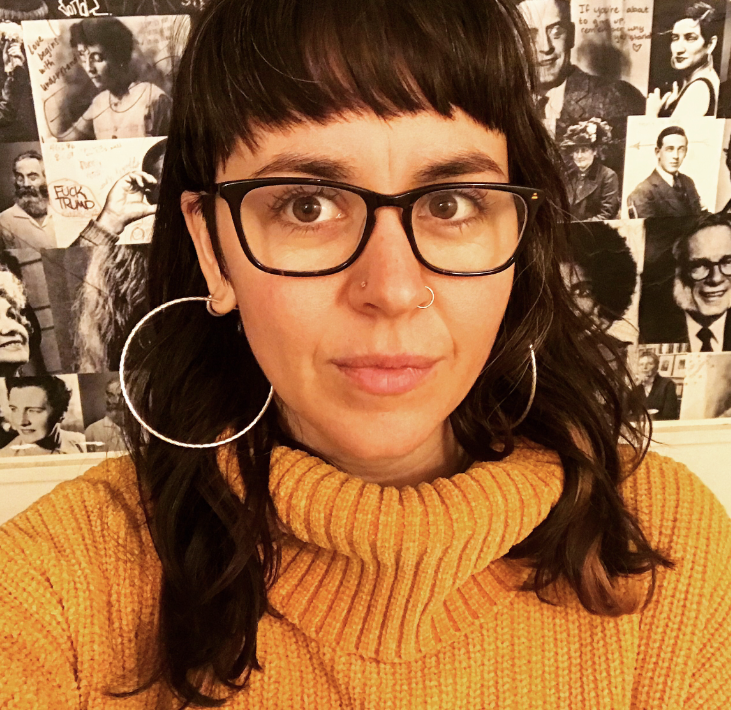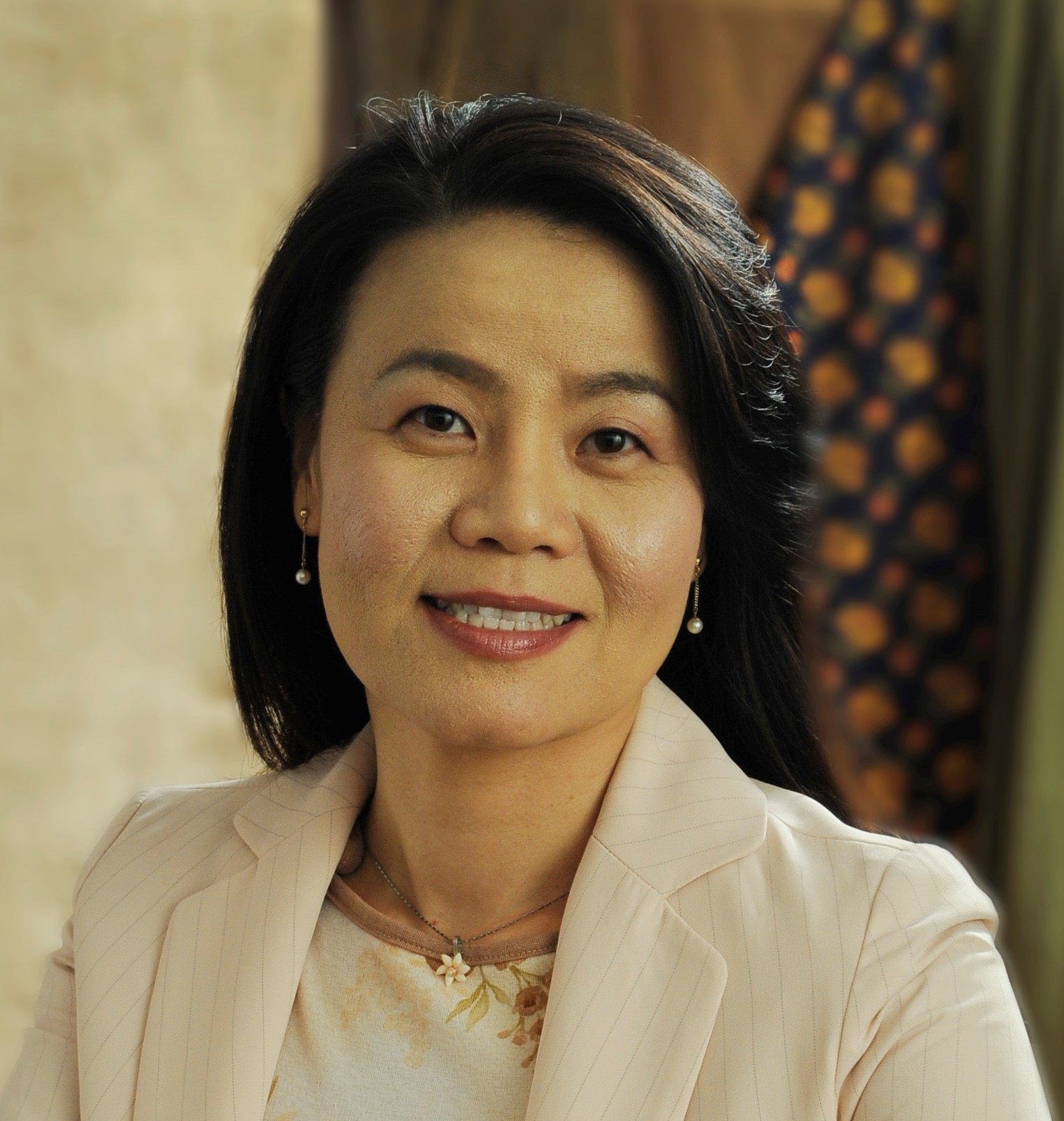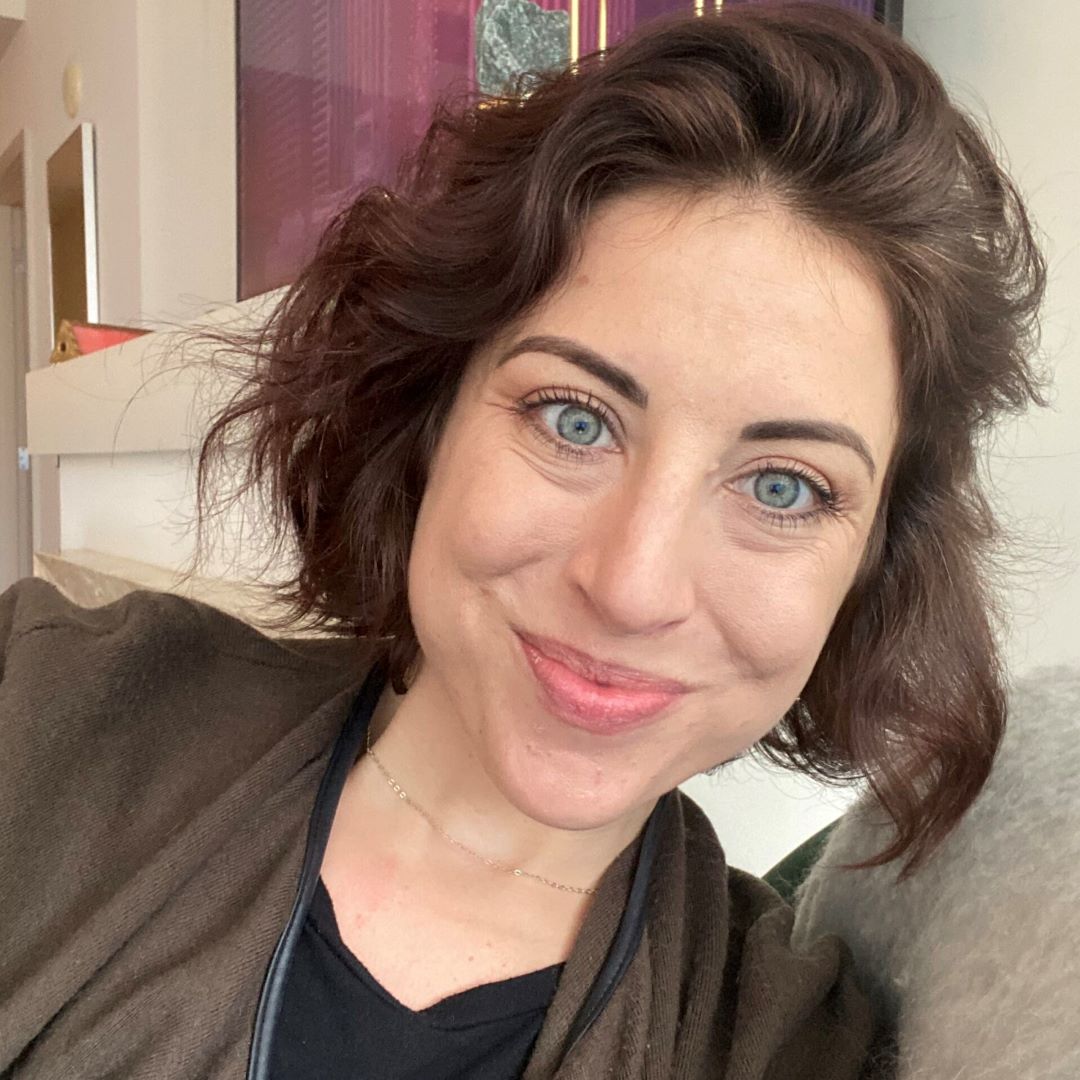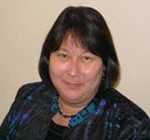Certificate in Sexuality Education
Train to be a sexuality educator and inclusive community advocate.

Antioch University’s Sexuality Studies Certificate Program is now housed in the Relational Therapy Division within the Couple and Family Therapy Program and, beginning in the fall semester of 2025, will include three tracks: 1) sex therapy, 2) sexuality education, and 3) gender-affirming clinical practice. In relation to this transition, the sexuality education track will not be accepting applicants until the fall semester of 2026.
The mission of the Couple and Family Therapy program, and relatedly the Relational Therapy Division, is to prepare and train knowledgeable, skilled, self-aware, and ethical clinicians through an experiential educational approach that centers anti-racism, multicultural awareness, and social justice. The program has five goals and related student learning outcomes, focused on the areas of knowledge, practice, ethics, research, and diversity.
Our Antioch University certificate program is one of only a handful of accredited higher learning institutions in the United States, and the only one in Washington state, that is an approved provider of American Association of Sexuality Educators, Counselors, and Therapists (AASECT) education credit requirements. Students receive up to 180 hours of CEUs during the course of the program. The two tracks within this certificate program that currently meet the minimum education credit requirements for AASECT certification are the sex therapy and sexuality education tracks (provider ID# 18-123-AU).
This program is NOT designed to lead to state licensure. This low-residency certificate is offered by Antioch University's Seattle campus.
Program Overview
The sexuality education track within the Sexuality Studies Certificate is designed for students, alumni, and community members who hold a minimum of a Bachelor’s Degree-or- higher in Social Sciences, Liberal Studies, Education, or Psychology, and other related fields, to broaden their educator skills specific to delivering content around and promoting sexual health. Antioch’s certificate has been developed for post-bachelor's students, graduate students, and post-graduate professionals to meet the minimum education credit requirements to achieve certification as a sexuality educator as issued by the AASECT. This program is NOT designed to lead to state licensure. Completion of this program does not ensure or guarantee AASECT Certification. For further information, please contact [email protected].

Markie Twist, PhD, LMHC, LMFT, CSE, CSE-S, RegCOSRT
Interim Program Director
Additional Information
The general learning outcomes for the Sexuality Studies Certificate program are the following:
- Students will articulate and demonstrate field-based ethics, digital health (digihealth) considerations, professional communication, ethical behavior, professionalism, integrity, and intrapersonal and interpersonal reflective skills.
- Students will demonstrate understanding of major aspects of human sexuality, including, but not limited to: sexual development throughout the lifespan and life course, consent, sexual exploitations and abuses, sexual pleasure and intimacy, attachment (including digital attachment; digiattachment), interdisciplinary history of studying sexuality, principles of sexology research and research methods, intersections between substance use/abuse and sexuality, and the connections between learning theory and sexuality.
- Students will demonstrate applicable knowledge of health/medical factors influencing sexuality including, but not limited to: sexual and reproductive anatomy/physiology, illness, substance use, mental health, conception, family planning, pregnancy, childbirth, pregnancy termination, contraception, fertility, sexually transmitted infections/sexually transmitted blood borne infections, sexual trauma, injury, and safer sex practices.
- Students will demonstrate awareness of personal attitudes, values, and beliefs regarding human sexuality and sexual behavior through participation in a Sexual Attitude Reassessment (SAR) training.
- Students will be able to articulate a range of sexual functioning and behavior, from optimal to problematic, including but not limited to: common issues such as desire and/or erotic discrepancy, lack of desire, difficulty achieving or maintaining arousal, out-of-control-sexual-behaviors, sexual pain and penetration problems, and difficulty with orgasm.
- Students will be able to articulate a range of relational concerns intersecting with sexual functioning and behaviors like: intimacy skills, interpersonal communications, digisexuality, multigenerational patterns, relational ethics, and pleasure-enhancing skills.
- Students will demonstrate knowledge of gender (e.g., cisgender, transgender, gender fluid, two-spirit, bigender, androgynous, agender, intersex, etc.), sexual (e.g., heterosexual, lesbian, gay, bisexual, pansexual, asexual, etc.), erotic (e.g., kink/BDSM, tantra, digisexuality, etc.,) and relational (e.g., monogamy, polyamorous, polygamous, consensually non-monogamous, swingers, etc.) diversity (GSERD).
- Students will describe the impact of sociocultural influences (i.e., ethnicity, race, religion, ability, age, mediating and immersive technologies, ecological practices, etc.) and familial factors (i.e., intergenerational patterns, family sexual legacies, chosen family characteristics and patterns, etc.) as they relate to sexual values and behaviors.
In addition to the Sexuality Studies Certificate general learning outcomes noted above, the additional specific learning outcomes of the sexuality education track are as follows:
- Students will display comprehension of theoretical concepts and methods of sexuality-related education, the PLISSIT framework as it relates to sexuality education, and comprehensive sexuality education programming across education levels and platforms.
- Students will exhibit: principles of consultation, collaboration, and referral around sex-related assessment and diagnosis of the Psychosexual Disorders described in the current edition of the Diagnostic and Statistics Manual of the American Psychiatric Association, ethical decision-making and best practices, educational skills, including the PLISSIT framework among others, in which knowledge of sexuality education are demonstrated through experiential learning and related activities (e.g., role-playing, sex speak sessions, etc.).
Sexuality Education is a multifaceted approach to provide developmentally appropriate information about sexual health, development, and well-being. This certificate focuses on a holistic view of Sexuality Education, which combines emotional, physical, intellectual, spiritual, and ecological values across the lifespan. The certificate will provide students training to become competent in designing and leading curriculum that encompasses comprehensive sex education. Comprehensive sexuality education is medically accurate, evidence-based, and age-appropriate, and includes but is not limited to decision-making around sexuality, providing information about normative sexual development, contraception, sexually transmitted infection (STI) awareness, risk prevention, and consent practices. Comprehensive sexuality education begins in early childhood and continues through a person’s lifespan. Recipients of the certificate will be able to provide programs to all age levels that do not only focus on sexual development, risk prevention, and consent; but also teach about forms of gender, sexual, erotic, and relational diversity (GSERD), healthy sexual and non-sexual relationships, communication, sexual pleasure, sexual decision making, and prevention of sexual violence. The certificate will provide training on various modalities of education, including school-based curriculum, adult learning approaches, community workshops, and retreats.
Current Antioch University students can work with their assigned advisor to create a plan of study that works with their professional goals.
In general, the course load is reasonable and standard for graduate-level training in terms of reading and writing. The classes are highly experiential and require ongoing awareness of self-of-the-therapist issues and, in some of the classes, to demonstrate active learning and application of the techniques.
REQUIRED COURSES (may be completed during one’s master’s programming)
As we transition into the Relational Therapy Division, the sexuality education track will not be accepting applicants until the fall semester of 2026.
2026-2027 Sexuality Studies Certificate - Sexuality Education Track Courses
12 credits (up to 180 AASECT education credits)
Fall
- CFT-5300: Human Sexuality & Gender Affirming Care *(3 credits)
*CFT 5750: Gender Affirming Care can be substituted. This course may also be waived (with program approval) if a like course has been completed in the last 5 years. Students will need to take an additional 1 credit of a Gender Affirming Care course if CFT-5300 is waived.
- CFT-6301: Sexual Attitude Reassessment (SAR) (1 credit) (in-person residency on AUS campus - in-person attendance required for AASECT credits)
Spring
- Fundamentals of Sex Education (3 credits)
- Diversity and Methods of Sex Education (1 credit)
Summer
- Advanced Pedagogy (3 credits)
- Sexuality Knowledge Showcase (1 credit) (in-person residency on AUS campus - in-person attendance required for AASECT credits)
12 credits (up to 180 AASECT continuing education credits)
Students entering the Sexuality Studies Certificate program can complete the requirements in as little as three semesters (12 months), beginning in the fall semester and with a summer session completion. Students can work with the Sexuality Certificates Program Director to create a plan of study that works with their professional goals. In general, the course load is reasonable and standard for graduate-level training, in terms of reading and writing (1-2 courses per semester; average 3-6 hours per week). The classes are highly experiential and require on-going awareness of implicit biases and assumptions in relation to sexuality.
Sexuality educators work in a variety of settings, including:
- Community and Non-profit Organizations
- Educational Settings (K-8, high school, & higher education)
- Governmental Agencies
- Healthcare and Social Services
- Technology and Social Media
- Journalism
- Private Sector
Graduates of the sexuality educator certificate will be equipped to develop curriculum for delivery in both public and private schools, to support youth group activities, to facilitate support groups, to serve in public health settings such as sexual health clinics, assisted living facilities, and other community resource centers.
Faculty Spotlights

Sam Ortega
Adjunct Faculty

Maria Kim, PhD
Teaching Faculty and Director, Art Therapy/CFT Concentration

Amira Whitehill, MA, LMFT
Adjunct Faculty

Janice Hoshino
Core Faculty
Admissions / Cost / Aid
Admissions
- Complete the online application, which includes:
- Application Form
- Transcript
- Recommender
- Curriculum Vitae or Resume
- Personal statement (Attach a written 500-word personal statement describing your interest in applying for the sexuality educator certificate at Antioch University. Include discussion about why you believe you would be a good fit for the certificate and how this area of learning would benefit you in your professional goals.)
- Transcript showing conferral of Bachelors If you have completed or are enrolled in a graduate degree, please submit current transcript.
- Complete an advising meeting with a certificate advisor and/or faculty to determine fit for the certificate program; sign acknowledgment of sexual conduct and ethics and grievance policy and attend certificate program orientation.
- Applicants to the Certificate in Sexuality Education may waive credits for course
Application Deadlines
| Quarter | Application Deadline* |
|---|---|
| Fall 2026 | June 15, 2026 |
| * Complete applications received after the Deadline date may be considered if space is still available in that quarter or will be reviewed for the next available term. | |
| Please review the Academic Calendar for additional details. | |
Cost
- Base cost = $544/credit hour x 12 credits
- Antioch University alumni students have two additional residency fees of $350/residency, equating to $7228.00 for full certificate credits
- External students have two additional residency fees of $500/residency, plus $105/semester for university fees and technological support, equating to $7843.00 for full certificate credits
A majority of AUS students finance their education through some form of financial aid. You may not be sure which federal, state, public, and private aid packages – such as loans, scholarships, and grants—are right for you. Our staff is here to help you, so you can focus on what’s most important: beginning your academic program at AUS. Email or phone [email protected] or 206.268.401

Start your Antioch Journey
Take your next step - talk to our admissions team to find the right program for you.

